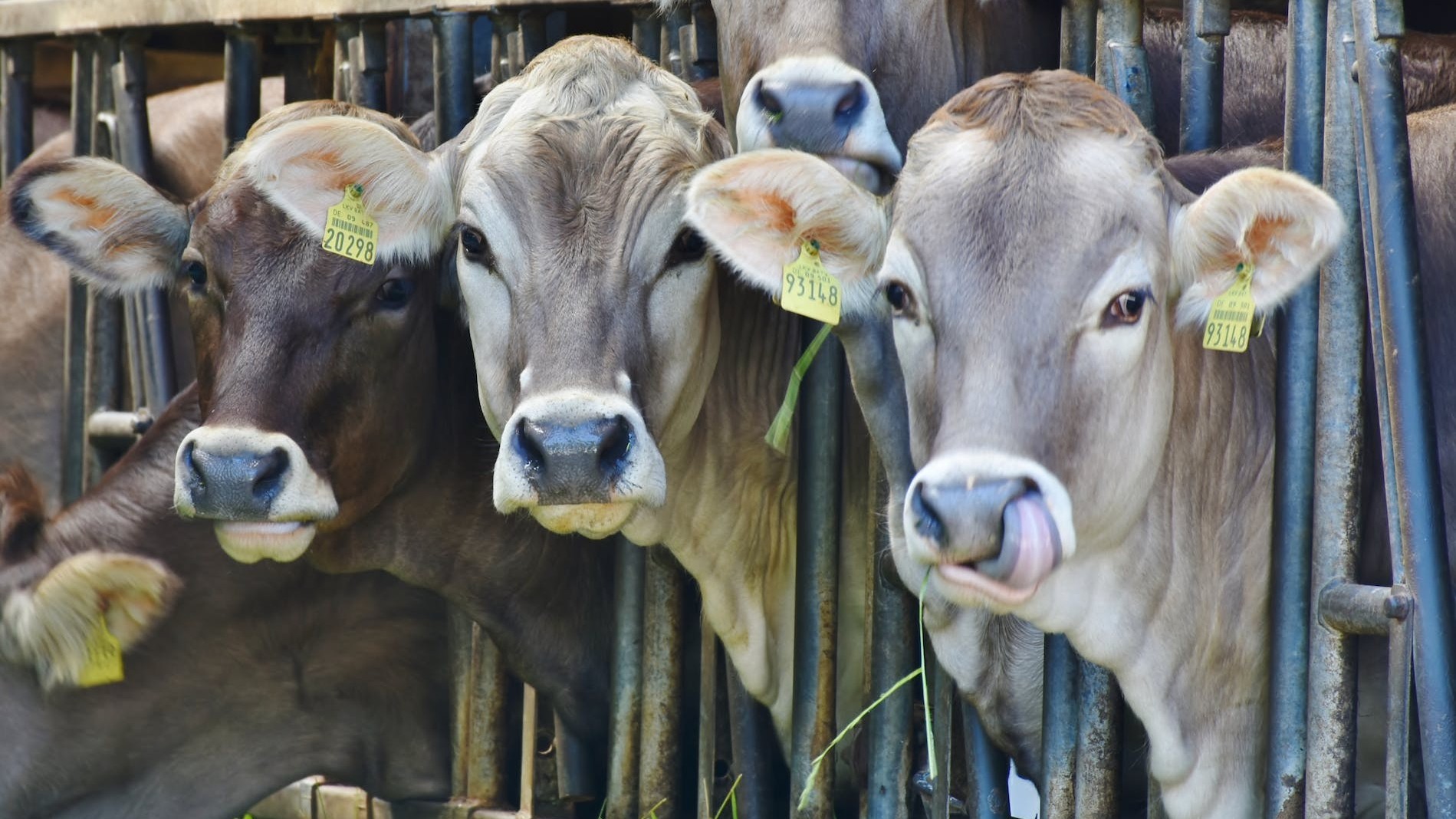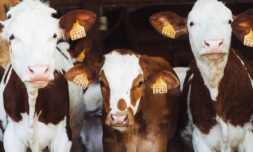As part of the British government’s net-zero plans, farmers will be forced to give livestock cattle feeds containing flatulence suppressants in an attempt to reduce their digestive gas.
Methane is a colourless and odourless gas expelled by cattle which is approximately 84 times more potent than carbon dioxide when it comes to warming the planet.
The second-largest cause of global heating, livestock contribute an estimated 32% of emissions generated from human behaviour. Just counting the 1.6 billion cows raised for meat on Earth, that’s well over one million tonnes of methane each year.
In the UK, methane makes up more than half of all greenhouse gases produced in agriculture, according to a 2019 study.
Recognising that this is akin to fossil fuel giants’ role in the climate crisis and committed to achieving the country’s net-zero goal of adding no greenhouse gases to the atmosphere by 2050, the British government has decided to act.
As part of the plan, farmers in the UK will be forced to give livestock cattle feeds laced with flatulence suppressants (containing additives such as seaweeds, essential oils, organic acids, probiotics, and antimicrobials) to reduce the environmental impact of their digestive process.
The strategy anticipates that methane-suppressing products will be on the UK market by 2025 and proposes maximising their use for dairy farms.
It’s estimated that this would increase the cost of milk by an average of 33p a year for consumers, though the charge could fall on taxpayers if ministers choose to subsidise the feed, or by supermarkets in a form of greenhouse gas levy.





















